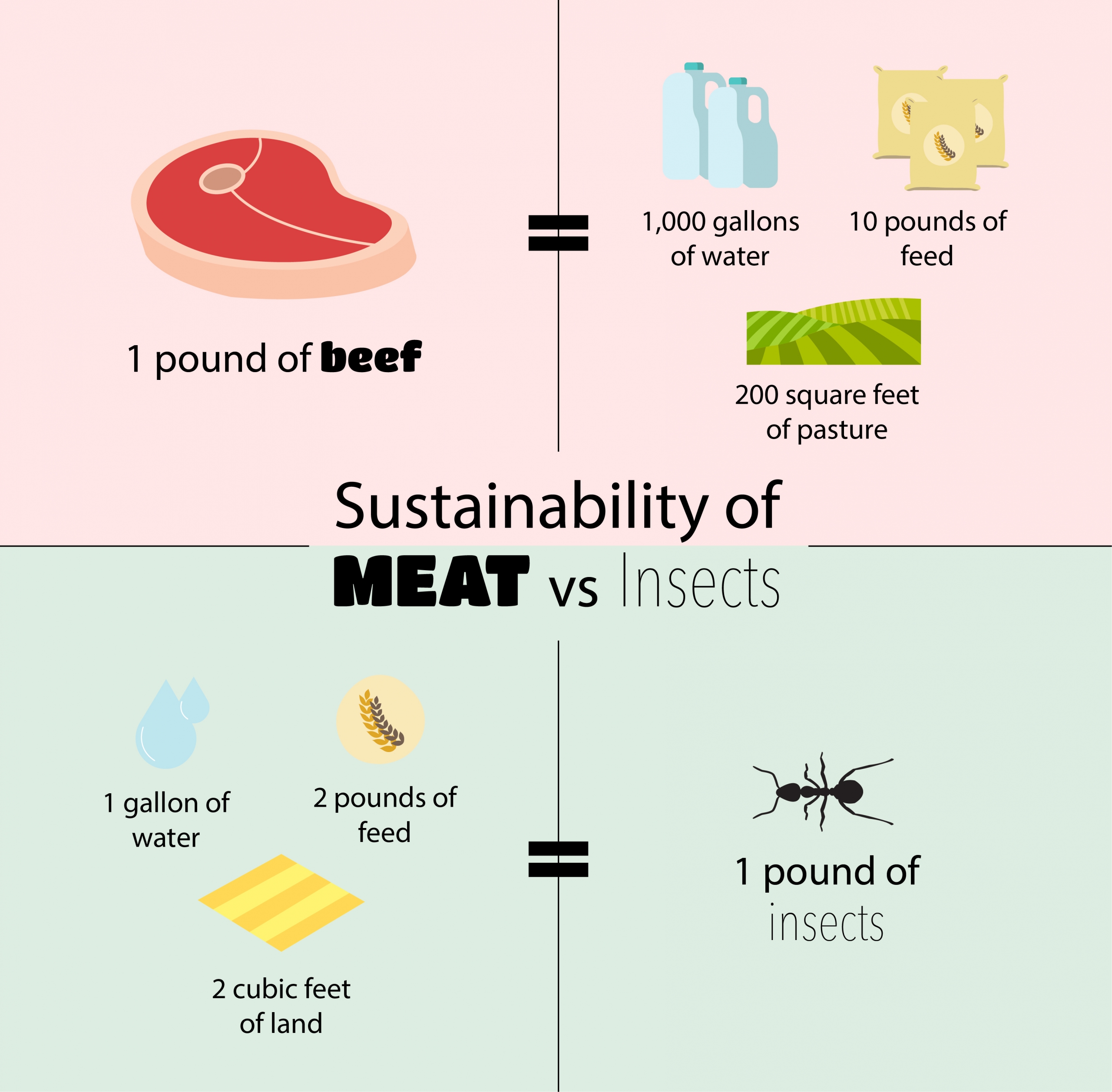NCL applauds Ryan, Schakowsky, and King for House introduction of Hot Cars Act (HR 3593)
July 8, 2019
Media contact: National Consumers League – Carol McKay, carolm@nclnet.org, (412) 945-3242 or Taun Sterling, tauns@nclnet.org, (202) 207-2832
Washington, DC—The National Consumers League, the nation’s pioneering consumer advocacy organization, applauds Representatives Tim Ryan (D-OH), Jan Schakowsky (D-IL), and Peter King (R-NY) for reintroducing the Hot Cars Act (H.R. 3593) on July 1. By mandating that all new cars come equipped with technology that detects and alerts the presence of a child left in a vehicle, the Hot Cars Act would help stop dozens of tragic and preventable child deaths annually.
The Hot Car Act would require that all new cars come equipped with an alarm system that reminds drivers to check the car after exiting. The bill calls for “a distinct auditory and visual alert to notify individuals inside and outside of the vehicle of the presence of an occupant.” This alarm will only occur when the vehicle senses a physical presence in the back seat.
Heatstroke is the leading cause of deaths in vehicles (excluding crashes) for children 14 years old and younger, according to Consumer Reports. Although some may believe that hot car tragedies could never happen to them, more than 900 children have died in hot cars since 1990, and 17 fatalities have been recorded in 2019 alone, according to safety advocacy group KidsAndCars.org.
“This lifesaving technology is already available, so why wouldn’t we expedite its implementation and allow children and their families to benefit from it?” said NCL Executive Director Sally Greenberg.
The Hot Cars Act alert system follows in the tradition of other essential vehicle alarm systems that have become commonplace for consumers, such as chimes that remind drivers to use a seat belt, indicate that headlights have been left on, or doors have been left ajar.
The alarm system also has relevance beyond the summer months. Sensors and alarms in new cars will also prevent children from being left unattended in dangerously cold temperatures. The proposed technology would also alert pet-owners if their furry friend is about to be left behind.
The Senate introduced its version of the bill in May, which was sponsored by Senators Roger Wicker (R-MS), Richard Blumenthal (D-CT), and Maria Cantwell (D-WA).
The National Consumers League once again commends Representatives Tim Ryan (D-OH), Jan Schakowsky (D-IL) and Peter King(R-NY) for their continued leadership on this issue and urge members of Congress to support this important children’s protection legislation.
###
About the National Consumers League
The National Consumers League, founded in 1899, is America’s pioneer consumer organization. Our mission is to protect and promote social and economic justice for consumers and workers in the United States and abroad. For more information, visit www.nclnet.org.




 If you have been listening to the airline industry, you may think that now is one of the best times to fly.
If you have been listening to the airline industry, you may think that now is one of the best times to fly. 












